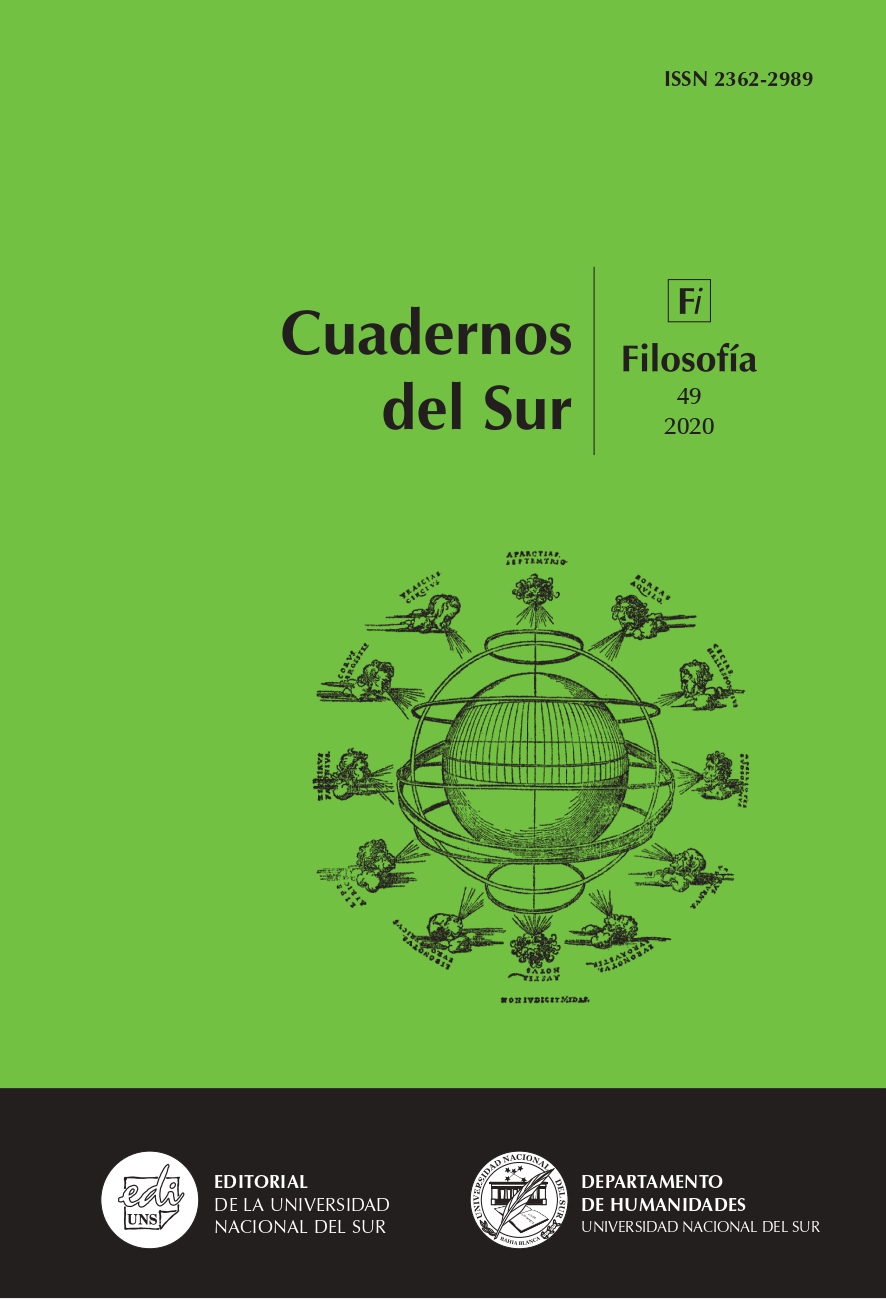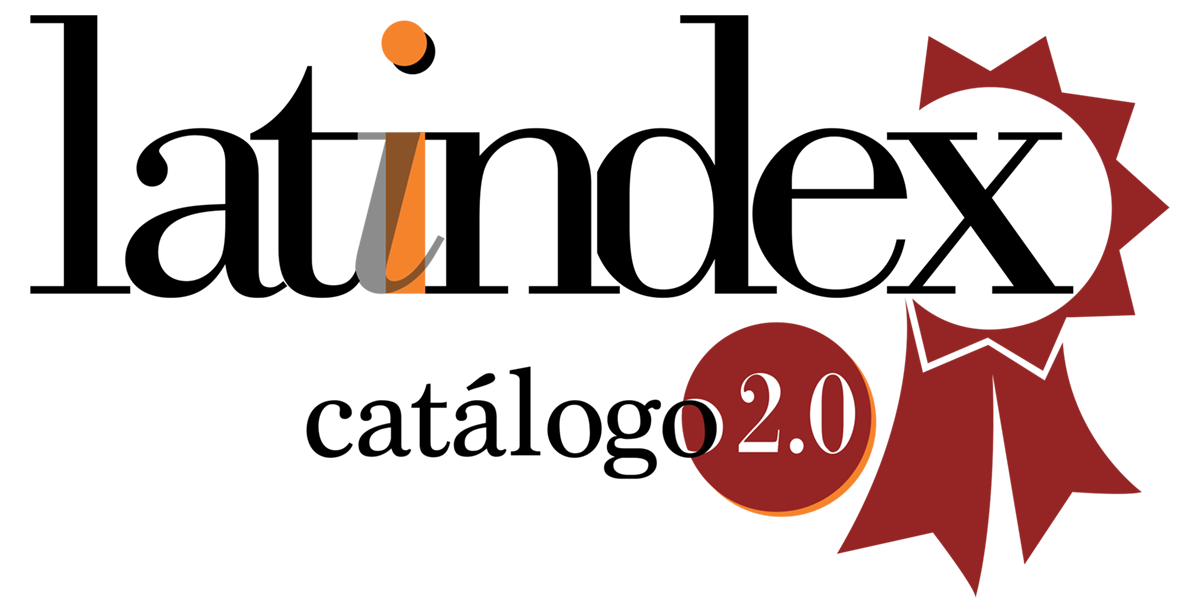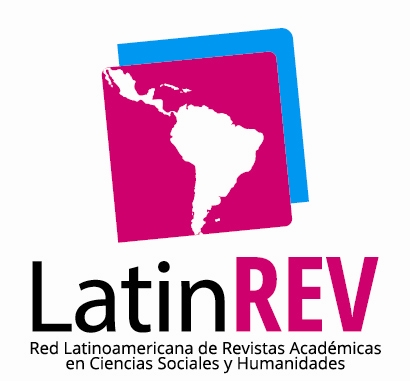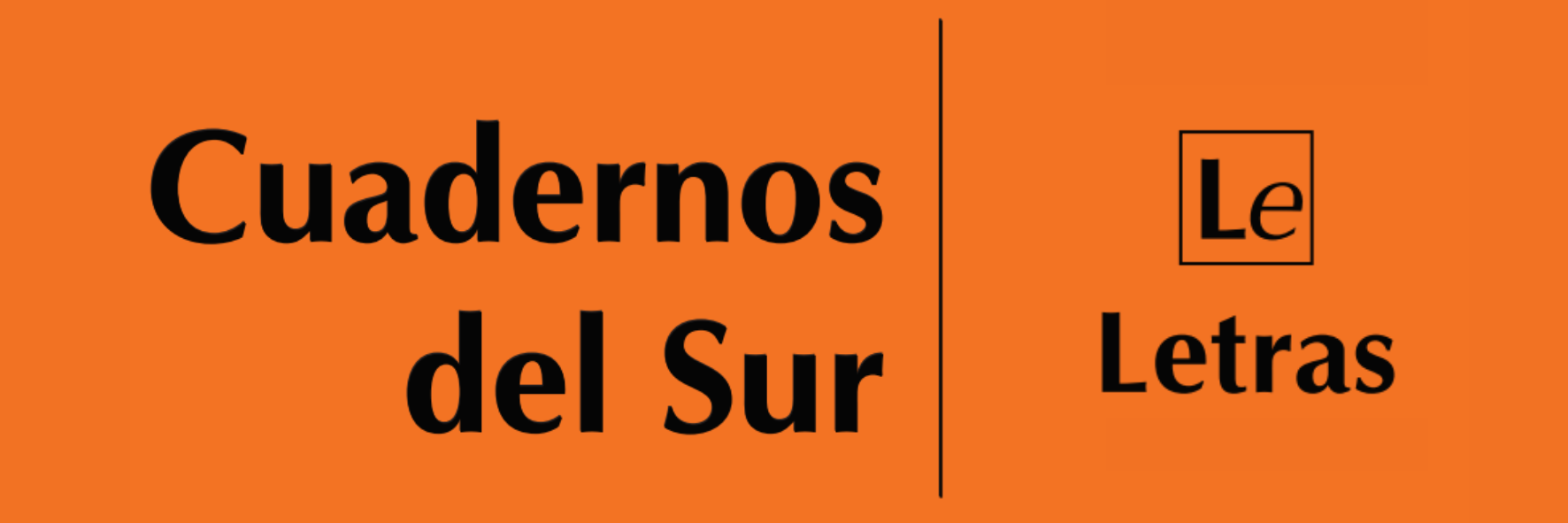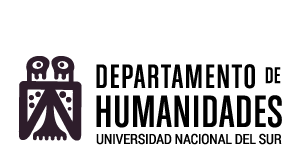¿Siempre fuimos cyborgs? Los alcances de un enfoque coevolutivo para conceptualizar el vínculo humano-técnica
Keywords:
technique, prosthesis, coevolutionAbstract
The aim of this article is to present several approaches from which the link between humans and technique has been addressed, evaluating its advantages and limitations to explain this phenomenon. In the first place, we will present the prosthetic conception of technique, which includes artificiality as a prosthesis that the human being has generated to survive, given its original biological lack. Then, we will explain another approach that abandons the assumption of a deficient biology, but maintains a unidirectional explanation of the technical phenomenon based on the supposed fixity of human nature. This perspective emphasizes the role of technique as an extension of the human being. Third, we will present what we call the coevolutionary approach, which proposes an explanation of the link between humans and artificial environments, overcoming, in our opinion, the limitations that arose from the use of notions such as prosthetics or amplification. Starting with concepts from biology, such as the notion of niche and of interdependence between organism and environment, we will analyze the cyborg conception that rejects the presupposition of a fixed biological human nature, and thinks about the constitutive interaction between biology and material culture.
Downloads
References
Black, Daniel (2019), Digital interfacing. Action and perception through technology, Nueva York, Routledge.
Boivin, Nicole (2008), Material cultures, material minds, Nueva York, Cambridge University Press.
Boyd, Robert (2017), A different kind of animal: How culture transformed our species, Princeton, Princeton University Press.
Broncano, Fernando (2009), La melancolía del ciborg, Salamanca, Delirio.
----- (2012), La estrategia del simbionte, Barcelona, Herder.
Clark, Andy (2003), Natural-born cyborgs, Oxford, Oxford University Press.
----- (2007), “¿Somos ciborgs natos?”, en Brockman, John (ed.), El nuevo humanismo, Barcelona, Editorial Kairós, pp. 103-114.
Clark, Andy y Chalmers, David (1998), “The extended mind”, Analysis, vol. 58, n° 1, pp. 7-19.
Crelier, Andrés y Parente, Diego (2014), “La tecnicidad humana y animal en un marco naturalista. Problemas y perspectivas en el debate contemporáneo”, Revista Filosofía UIS, vol. 13, n° 2, pp. 17-36.
Durt, Cristoph et al. (2017), Embodiment, enaction and culture. The constitution of the shared world, Cambridge, The MIT Press.
Feenberg, Andrew (2005), “Teoría crítica de la tecnología”, Revista CTS, vol. 2, nº 5, pp. 109-123.
Gehlen, Arnold (1980), El hombre: su naturaleza y su lugar en el mundo, Salamanca, Sígueme.
----- (1993), Antropología Filosófica, Barcelona, Paidós.
Haraway, Donna (1995), Ciencia, cyborgs y mujeres. La reinvención de la naturaleza, Madrid, Ediciones Cátedra.
Hodder, Ian (2012), Entangled. An archaeology of the relationships between humans and things, Oxford, Wiley-Blackwell.
Ingold, Tim (2008), “Tres en uno: cómo disolver las distinciones entre mente, cuerpo y cultura”, en Sánchez Criado, Tomás (ed.), Tecnogénesis, vol. 2, Madrid, AIBR, pp. 1-33.
Kapp, Ernst (1978), Grundlinien einer Philosophie der Technik: Zur Entstehunggeschichte dur Kultur aus Neuen Gesichtpunkten, Düsseldorf, Stern Verlag, [1877].
Laland, Kevin (2017), Darwin’s unfinished symphony. How culture made the human mind, Princeton, Princeton University Press.
Lee, Edward Ashford (2020), The coevolution. The entwined futures of humans and machines, Cambridge, The MIT Press.
Malafouris, Lambros (2013), How things shape the mind: A theory of material engagement, Cambridge, MIT Press.
Maldonado, Tomás (1998), Crítica de la razón informática, Barcelona, Paidós.
McLuhan, Marshall y Fiore, Quentin (2015), El medio es el masaje. Un inventario de efectos, Buenos Aires, La Marca Editora.
Nietzsche, Friedrich (2010), Sobre verdad y mentira en sentido extramoral, Madrid, Tecnos.
Odling-Smee, John et al. (2003), Niche construction: The neglected process in evolution, Nueva Jersey, Princeton University Press.
Pared, Daniel (2018), “La controvertida concepción del hombre como animal carenciado: ¿queda lugar para una noción de ‘prótesis’ en filosofía de la técnica?”, Revista Agora Philosophica, vol. XVIII, n° 38, pp. 168-192.
Parente, Diego (2010), Del órgano al artefacto. Acerca de la dimensión biocultural de la técnica, La Plata, EdULP.
----- (2016), Artefactos, cuerpo y ambiente. Exploraciones sobre filosofía de la técnica, Mar del Plata, La bola editora.
Parente, Diego y Vaccari, Andrés (2019), “El humano distribuido. Cognición extendida, cultura material y el giro tecnológico en la antropología filosófica”, Revista de Filosofía, vol. 44, n° 2, pp. 279-294.
Preston, Beth (2013), A philosophy of material culture. Action, function and mind, Nueva York, Routledge.
Quintanilla, Miguel Ángel (2017), Tecnología: un enfoque filosófico y otros ensayos de filosofía de la tecnología, México, F.C.E.
Richerson, Peter y Boyd, Robert (2005), Not by genes alone: How culture transformed Human evolution, Chicago, University of Chicago Press.
Rousseau, Jean-Jacques (1998), Discurso sobre el origen de la desigualdad entre los hombres, Madrid, Alianza.
Sadin, Eric (2018), La humanidad aumentada, Buenos Aires, Caja Negra.
Schubert, Johannes (2016), Environmental adaptation and eco-cultural habitats: A coevolutionary approach to society and nature, Londres, Routledge.
Stotz, Karola (2010), “Human nature and cognitive-developmental niche construction”, Phenomenology and the Cognitive Sciences, n° 9, pp. 483-501.
Thomas, Hernán y Buch, Alfonso (2008), Actos, actores y artefactos: sociología de la tecnología, Bernal, Universidad Nacional de Quilmes.
Tomasello, Michael (2006), “Uniquely human cognition is a product of human culture”, en Levinson, Stephen y Jaisson, Pierre (eds.), Evolution and culture, Londres, MIT Press, pp. 203-217.
Thompson, John (1982), Interaction and coevolution, Chicago, The University of Chicago Press.
Tonutti, Sabrina (2011), “Anthropocentrism and the definition of ‘culture’ as a marker of the human/animal divide”, en Boddice, Rob (ed.), Anthropocentrism. Humans, animals, environments, Leiden, Brill, pp. 183-199.
Wynn, Thomas y Coolidge, Frederick (2017), Cognitive models in palaeolithic archaeology, Oxford, Oxford University Press.
How to Cite
Issue
Section
License
Copyright (c) 2022 Nahir Fernández

This work is licensed under a Creative Commons Attribution-NonCommercial 4.0 International License.
Aquellos autores/as que tengan publicaciones con esta revista, aceptan los términos siguientes:- Los autores/as conservarán sus derechos de autor y garantizarán a la revista el derecho de primera publicación de su obra, el cuál estará simultáneamente sujeto a la licencia Atribución-No Comercial 4.0 Internacional CC BY-NC 4.0.
- Los autores/as podrán adoptar otros acuerdos de licencia no exclusiva de distribución de la versión de la obra publicada (p. ej.: depositarla en un archivo telemático institucional o publicarla en un volumen monográfico) siempre que se indique la publicación inicial en esta revista.
- Se permite y recomienda a los autores/as difundir su obra a través de Internet (p. ej.: en archivos telemáticos institucionales o en su página web) una vez publicado su trabajo, lo cual puede producir intercambios interesantes y aumentar las citas de la obra publicada. (Véase El efecto del acceso abierto).

